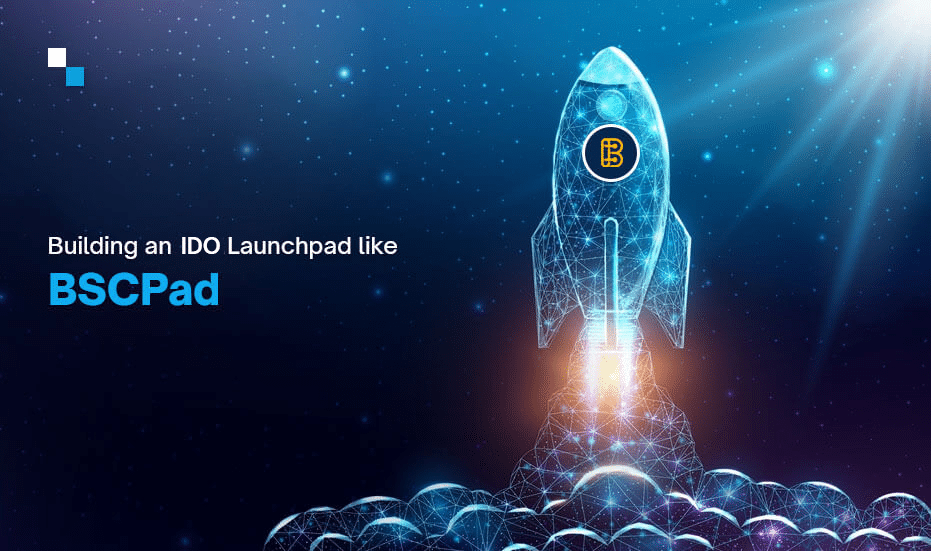

The lottery industry has been steadily growing since 2013. The industry once evaluated at $294.3 billion in 2016 is expected to reach $14.5 billion in 2026. Interestingly, decentralized finance (DeFi) is expected to play a major role in this growth. This is because despite this phenomenal growth, the global lottery industry remains plagued with issues like lack of transparency, regulatory crackdowns, fraud, and more. To make sure that the DeFi Lottery system development has the key components to solving all the industry challenges, we must first understand them.
Lottery Industry Challenges
Lottery players and lottery companies both are dealing with different sets of problems in the industry. The players face challenges like fewer jackpots, hidden fees, withdrawal restrictions, risk of fraud, and slow withdrawal speed of pay-outs. On the other hand, the companies are facing issues like high cost of operations, lack of transparency and credibility, and long and expensive licensing process. All these put together are slowing down the growth of the overall industry, and at the same time, these create an opportunity for DeFi systems.
Key Components
The following components are essential for DeFi lottery platform development:
At the core of any lottery operation is an RNG software solution also known as Random Number Generation software. Even after attaining a higher degree of sophistication in RNG development, centralized solutions have not been able to ensure a fair selection of lottery winners. But with the development of RNG protocols on a distributed ledger, it has become possible for every participant to verify the correctness of the generated number without being able to manipulate the results. Different RNG protocols use different methods like Block-hash, Bitcoin Beacon, Verifiable Random Function (VRF), and more.
In place of traditional contracts, DeFi Lottery system development involves smart contracts. Smart contracts are pieces of code that are code to perform a certain task. The operation is triggered by an event and the result of the operation cannot be overridden. Smart contracts reduce transactional costs, help establish credibility and reduce the risk of fraud. Any detail of the transaction in a lottery is stored on the contract so that any party can access it. However, none of them can alter the terms of the contract unless both of them agree to do so.
In short, smart contracts eliminate the need for any middleman and regulatory body as the lottery system becomes autonomous. There are different types of smart contracts required to perform different types of operations.
A lottery syndicate is a group of people who choose to play a particular lottery together. Every time a new syndicate is set up, a new smart contract will be created. This smart contract will code all the terms of the lottery contract. Both the syndicate players and the company will be able to view the terms at any given time. The term would include an RNG, amount of the lottery, date and time of lottery, withdrawal terms of the reward, and more such details.
The current process of lottery insurance is inefficient and costly. Because of this neither companies nor the players opt for it. But this creates a host of issues and fraud claims in the industry. With an insurance smart contract, all the administrative tasks would be cut down and the entire process will be streamlined. As a result, the insurance operative cost will be reduced significantly.
Also, with the smart contracts, if the claim conditions are met, the rest of the processing will automatically take place. There will be no middlemen involved thus no chances of insurance fraud or duplicate claims. In short, the claimant will receive the claimed amount within no time and without any hassles.
A lottery operation is pretty complicated end-to-end for both the players and the companies. DeFi lottery platform development utilized blockchain to maintain the records of each lottery participant. For each participant, a specific smart contract is created which delivers them higher transparency on the operations of the lottery platform.
A native token of the lottery platform can enable the facilitation of a no-loss lottery system where participants deposit the native token into pools to buy lottery tickets. In the pool, a weekly or monthly draw of awards is held. While the winners get their rewards, the ones who did not win, their lottery ticket doesn’t expire but rolls over to the next lottery syndicate. Using their client operation smart contracts, the participants can easily track their staked tokens and which current lottery pool are they in.
Wrapping it up
Blockchain is an ideal technology to streamline the lottery industry. Using smart contracts, the entire process, right from ticket purchasing to reward distribution, can be automated in a trustless manner.
At Antier Solutions, we bring our years of blockchain expertise to DeFi development. Connect with our subject matter experts to share your business needs.
Please fill in the details below to share your business needs and avail our services.
We will never share your information and always
give #1 priority for your privacy.
Please fill in the details below to share your business needs and avail our services.
We will never share your information and always
give #1 priority for your privacy.
Please fill out the form to make the request. We’ll be in touch to schedule a free demo.
Click one of our representatives below to chat on WhatsApp or send us an email to [email protected]
